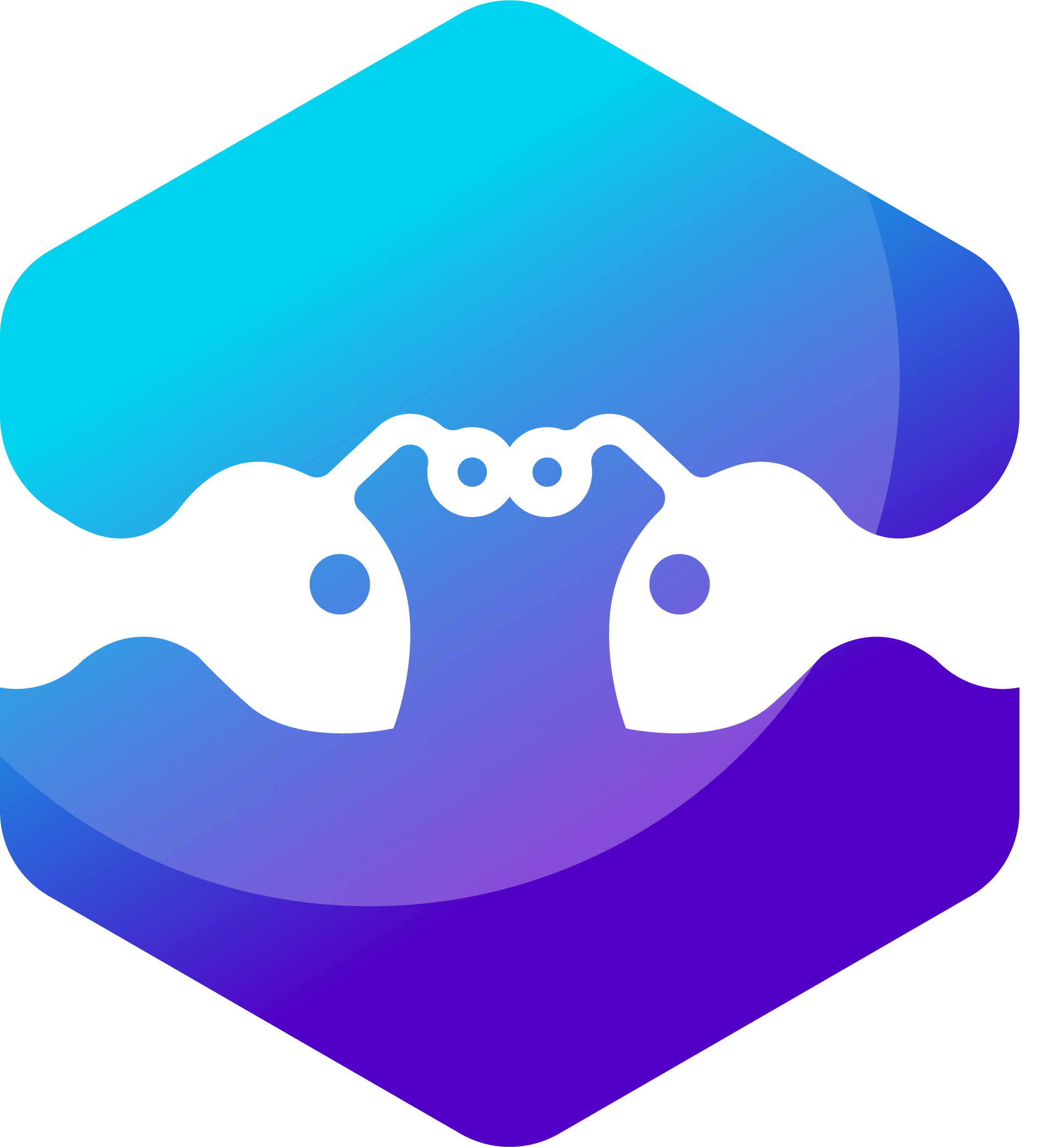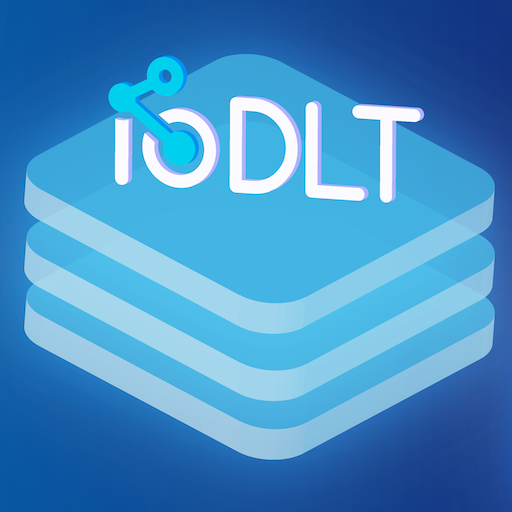
What is ant$?
ANT$ is IoDLT’s decentralized, permissioned data aggregation protocol that uses Symbol to incentivize data gathering, as well as facilitate data aggregation for DLT applications in general. In short, it provides a common protocol for reading and writing data to Symbol. ANT$ is a second layer protocol, meaning it utilizes Symbol’s features to build the protocol on a second layer level.
What is DLT?
Distributed ledger technology, also referred to as blockchain, is a global, distributed accounting system / ledger that uses a consensus algorithm to verify blocks (in most cases). It provides a globally-agreed version of truth and state of events amongst multiple participants in the network. To accomplish this, all peers in the network agree on a version of the chain.
We use Symbol as the base for ANT$, where ANT$ uses Symbol’s features to create the aforementioned functionality.

WHAT IS SYMBOL?
Symbol is an open source solution that supports a wide range of built-in, core features that will greatly aid in this project. Symbol also features a highly customizable extension and plugin system, which enables for any extra functionality that may come as a result of our experiments to be implemented with relative ease for commercial use. Extensions extend the core server’s functionality, while plugins define alternate or new ways to change the ledger’s state. Symbol does not only serve as a simple payment gateway - its functionality enables for more comprehensive applications that are ideal for data aggregation as well as monetization, such as:
● Account Metadata - The ability to assign arbitrary data to an account.
● Namespaces - Unique, on-chain domains that are linked to an account. ● Account Restrictions - Account white / black lists (access control).
● Configurable Assets - The ability to easily create a certificate that is non-transferable. ● Aggregate Transactions - One time, atomic smart contracts that allow for a series of state changes to be executed at once on-chain.
● Multi level, multi signature account logic - Accounts can co-own other accounts representing assets, entities, or for access control purposes via signatures.
● On-chain Receipts - produced as a result, or lack thereof, of the ledger. A form of error checking in some cases.
If you have any questions abotu ANT$, or want to work with us, shoot us an email!